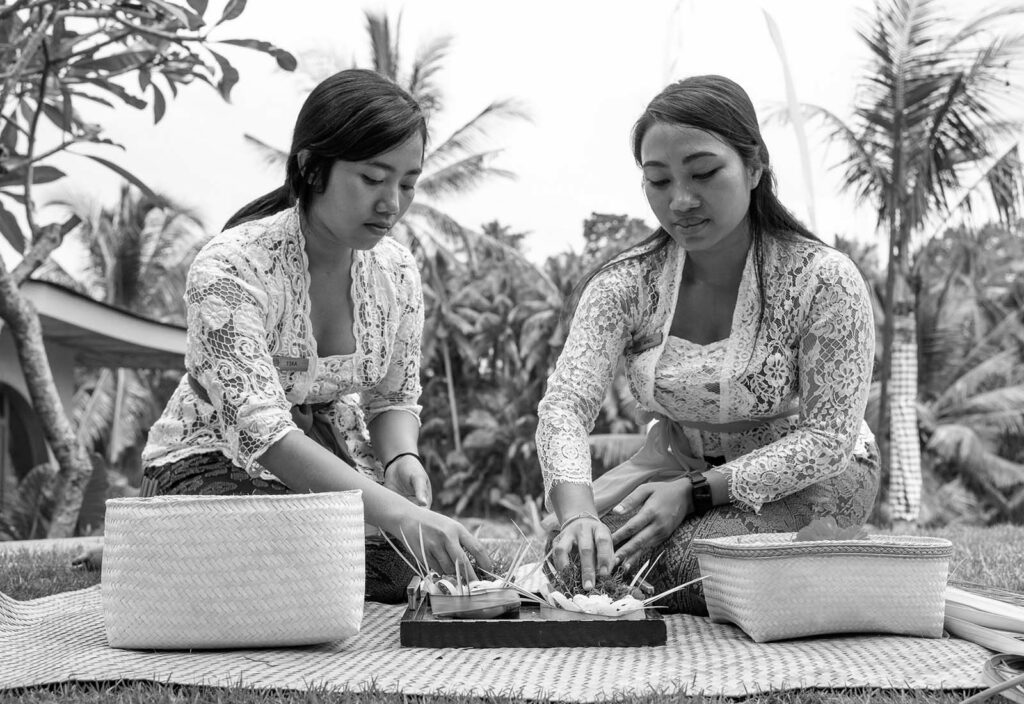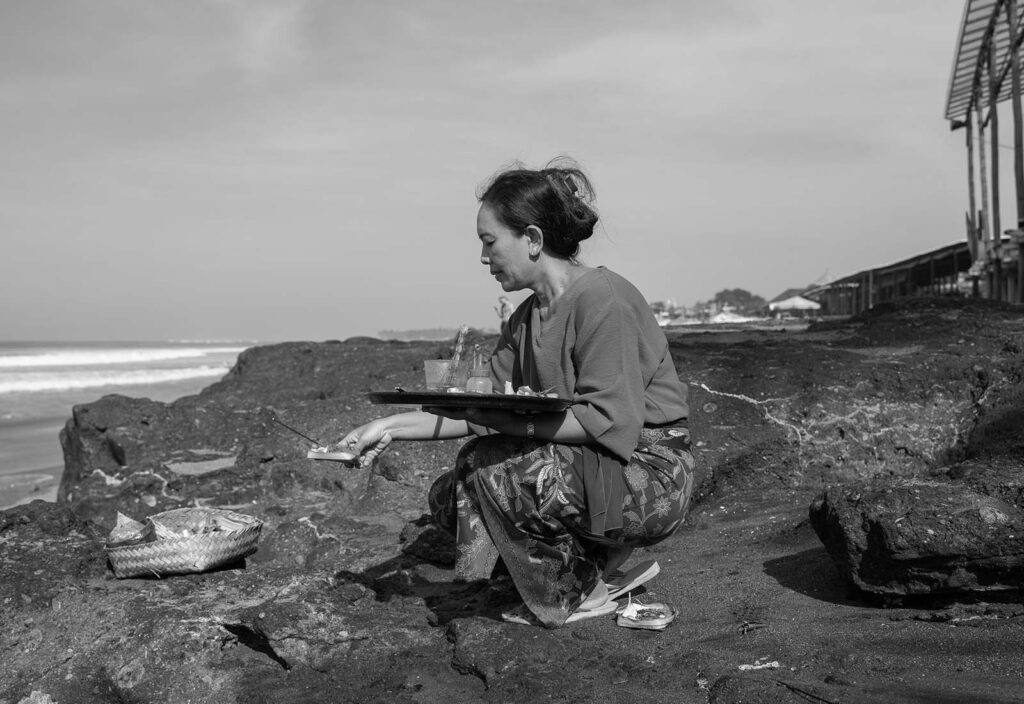
THE PUNCH RESOURCES
Preserving Bali's Cultural Heritage: A Call to Businesses and Tourists
Bali, March 2024
Bali, often referred to as the "Island of the Gods," is facing rapid growth in tourism and urbanization, with a pressing need to preserve its unique cultural heritage.
The Essence ofBali's Cultural Heritage
1. Tri Hita Karana
Bali's cultural heritage is a colorful mosaic built from centuries of traditions, beliefs, and artistic expressions. At its heart lies the concept of Tri Hita Karana, a philosophy that emphasizes harmony and balance between humans, nature, and the divine. This spiritual ethos permeates every aspect of Balinese life, from daily rituals to grand ceremonies.
2. Traditional Dance & Music
One of the most visible manifestations of Balinese culture is its traditional dance and music. Performances such as the Barong dance, Legong, and Kecak mesmerize audiences with their intricate movements and vibrant costumes. These dances are not merely for entertainment but serve as expressions of religious devotion and storytelling, preserving ancient myths and legends.
3. Architectural Heritage
Another cornerstone of Balinese culture is its rich architectural heritage, epitomized by the island's countless temples. From the majestic sea temple of Tanah Lot to the sacred complex of Besakih, these architectural marvels are not just monuments but living sanctuaries where ceremonies and rituals continue to be practiced with unwavering devotion.
4. Arts & Crafts
Moreover, Balinese arts and crafts, including intricate woodcarvings, batik textiles, and silver jewelry, showcase the island's artisanal traditions. Passed down through generations, these crafts are not only a source of livelihood but also a testament to the island's creative spirit and cultural identity.


Challenges Facing Bali's Cultural Heritage
Rapid Growth of Tourism
Despite its resilience, Bali's cultural heritage is facing numerous threats in the modern era. The rapid growth of tourism has led to unchecked development, encroaching on sacred sites and traditional villages. Furthermore, commercialization and mass tourism often dilute the authenticity of Balinese culture, reducing it to mere spectacle for tourist consumption.
Environmental Degradation
Environmental degradation is another pressing issue, with pollution and unsustainable practices endangering the island's natural beauty and ecological balance. Deforestation, coral reef destruction, and waste management problems pose significant challenges to Bali's environmental sustainability, which is intricately linked to its cultural heritage.
Globalization
In addition, globalization and changing societal norms are gradually eroding traditional values and customs, particularly among the younger generation. As Balinese society becomes more interconnected with the outside world, there is a risk of cultural homogenization and loss of indigenous knowledge.

The Role of Businesses and Tourists
Cultural Sensitivity
Preserving Bali's cultural heritage requires a concerted effort from all stakeholders, including businesses, tourists, local communities, and government authorities. Businesses, particularly those in the tourism industry, wield significant influence and can adopt sustainable practices that respect and promote Balinese culture. First and foremost, businesses should prioritize cultural sensitivity and respect for local traditions in their operations. This includes offering authentic cultural experiences that are curated in collaboration with local communities, rather than exploiting them for commercial gain. By partnering with traditional artisans, performers, and cultural experts, businesses can create immersive experiences that educate and inspire tourists while supporting the preservation of Balinese heritage.
Business Implementing Eco-Friendy Pratices
Businesses can play a vital role in environmental conservation by implementing eco-friendly practices and supporting initiatives aimed at preserving Bali's natural ecosystems. This could involve reducing plastic waste, promoting renewable energy, and supporting conservation projects focused on protecting endangered species and habitats.
Corporate Social Responsibility (CSR)
Businesses can contribute to the preservation of Bali's cultural heritage through corporate social responsibility (CSR) initiatives. Investing in community development projects, cultural preservation programs, and education initiatives helps empower local communities and ensures the continuity of traditional practices for future generations.
Embracing Responsible Tourism
Tourists also have a crucial role to play in preserving Bali's cultural heritage. By embracing responsible tourism practices and adopting a mindset of cultural appreciation rather than cultural appropriation, tourists can contribute positively to the preservation of Balinese culture.
Engaging in Cultural Exchange
One way tourists can support cultural preservation is by engaging in cultural exchange experiences that promote mutual respect and understanding. This could involve participating in traditional ceremonies, visiting local artisan workshops, or learning about Balinese customs and traditions from knowledgeable guides.
Supporting Eco-Friendly Accomodation
Tourists can choose to patronize businesses that demonstrate a commitment to sustainability and cultural preservation. By supporting eco-friendly accommodations, responsible tour operators, and ethical souvenir shops, tourists can vote with their wallets and incentivize businesses to prioritize cultural and environmental conservation.
Respecting Local Customs
Tourists can contribute directly to the preservation of Bali's cultural heritage by respecting sacred sites and local customs. This includes dressing modestly when visiting temples, refraining from intrusive photography during religious ceremonies, and seeking permission before entering traditional villages or private properties.
Images: Locavore NXT, Soulshine Bali & La Brisa for The Punch - Uncovered Bali Project

